UK Stablecoin Regulations Imminent
The UK to reveal Stablecoin regulation plans in coming weeks
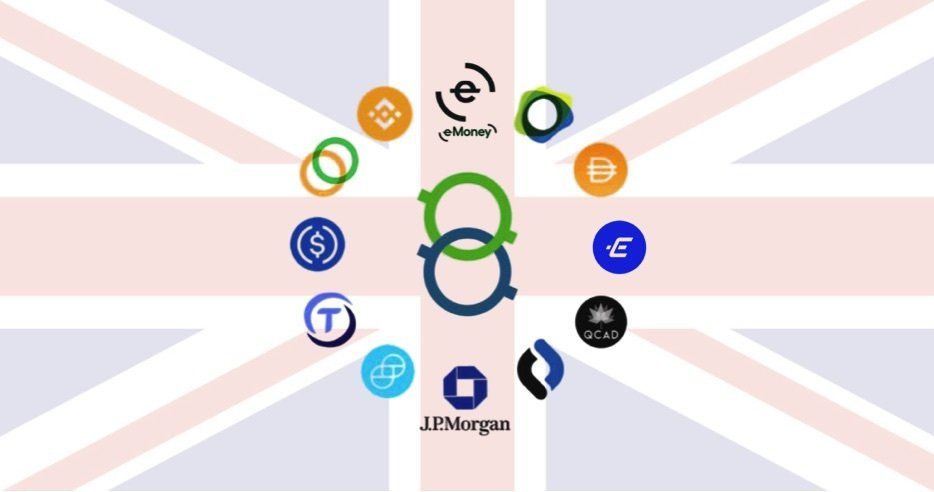
The U.K. government will soon announce long-awaited plans to regulate the cryptocurrency market focusing on stablecoins after officials talking to industry players and crypto exchanges in preparation.
- British Finance Minister Rishi Sunak is expected to announce a new regulatory regime for crypto in the coming weeks.
- The Treasury plans are expected to be favourable to the Crypto industry
- The announcement will focus in particular on stablecoins, digital assets that derive their value from existing currencies like the Euro and U.S. dollar.
- Treasury Officials have been in discussions and consulted with a number of exchanges trade groups.
Finance Minister Rishi Sunak is expected to make an announcement in the coming weeks about a new regulatory regime focusing on stablecoins. Details of the regulations are still being finalised, but anonymous sources said hey are likely to be favourable to the crypto industry providing much-needed legal clarity that has so far been mostly lacking in regulation.

The regulatory framework from the Treasury, the UK's finance ministry, will focus on stablecoins in particular which have seen exponential growth in terms of usage over the past few years, in tandem with rising interest in cryptocurrencies more broadly rapidly reaching a market cap of over $180 Billion.
The UK currently lags behind Europe in the digital asset space as far as it does not have any regulatory framework for cryptocurrencies. The Treasury department has been open to understanding the complex market and has been in discussions with a number of exchanges and trade groups including the Winklevoss brothers’ crypto exchange Gemini, which has its own stablecoin, the Gemini dollar.
Stablecoins have raised concerns among global regulators, specifically around misrepresentation of the assets in the reserves that back these coins. That could cause problems if investors were to sell their holdings en masse, so they have become a focal point of regulatory discussion.
After several comments from global policy makers several Stablecoin Issuers like the Danish fintech firm e-Money made an announcement publishing their first proof of funds audit report by Ernst & Young ensuring that their Suite of European Stablecoins Euros (EEUR), Swiss francs (ECHF), Norwegian krone (ENOK), Swedish krona (ESEK), and Danish krone (EDKK) are fully collateralised, backed with actual bank deposits held at commercial banks.
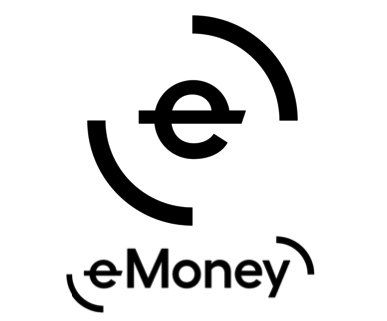
Last week, the EU Market’s in crypto regulation (MiCA) moved forward to the next phase of discussions without restricting crypto assets such as bitcoin that are based on proof-of-work.
Less than a week after the potential ban on proof-of-work (PoW) digital assets was dropped from the EU’s prospective MiCA framework, a new threat to the crypto industry could be emerging in the European Union. This time, it is non-custodial, or unhosted, wallets that are in regulators’ crosshairs.
The latest draft of the regulation would require crypto service providers not only to collect personal data related to transfers made to and from unhosted wallets (as they are already obliged to do) but also to verify the accuracy of information with respect to the originator or beneficiary behind the unhosted wallet.
The European Commission who launched its proposal for a Markets in Crypto Assets Regulation (MiCA) back in September 2020 have already subjected Stablecoins or 'EMoney Tokens' to a heavy regulatory regime.
MiCA distinguishes two types of stablecoins:
- “Asset-referenced tokens” (ARTs). These are stablecoins tracking basically any asset except for the euro or another EU country currency. This includes dollar-denominated stablecoins, but also stablecoins tracking, for example, a basket of currencies or gold.
- “E-money tokens” (EMTs), stablecoins denominated in euros (or another EU country currency). Because they have a very high potential to function as a means of payment, requirements are strict. EMTs should be immediately redeemable at par value. Importantly, the holder of EMTs has a claim on the issuer. This makes EMTs very much like bank deposits, which also constitute a claim on the bank. Unsurprisingly then, issuing EMTs will require either an e-money institution license or a bank license. An interesting question remains whether a bank-licensed EMT issuer would be obliged to participate in a deposit guarantee scheme. The contributions required in that case would undermine the business model.
The European Central Bank (ECB) and national central banks have the authority to limit the scope of ARTs or even ban them altogether if they threaten the smooth operation of payment systems, monetary policy transmission, or monetary sovereignty.
Governments and regulators have scrambled to understand and properly monitor the industry. Some countries, such as China, have decided to impose outright bans on crypto activities, while others look to understand and regulate the industry.
The UK has, so far, fallen into the latter group, as it looks to work with the crypto industry to mitigate risks and facilitate a safe environment for investors. One focus is the potential use of cryptocurrencies in money laundering and other criminal activity.
Banks and other institutions have become increasingly interested in entering the crypto markets, and clear regulation is seen as necessary before they can dive in more deeply.
A number of companies, including Revolut, Blockchain.com and Copper could be forced to wind down their crypto operations in the U.K. this week if they fail to make it onto the Financial Conduct Authority’s cryptoasset register in time for a Mar. 31 deadline.The FCA said a “high number” of crypto businesses aren’t meeting the required anti-money laundering standards. Just 33 companies have made it onto the register. More than 80% firms assessed by the regulator have either withdrawn their applications or been rejected.
On Thursday, the Bank of England noted this interest as it laid out ideas for the UK's first regulatory framework for crypto assets. It has given banks a deadline of June 3 to set out crypto plans and said UK regulators are likely to need new powers.
BoE deputy governor Sam Woods, wrote that discussions are ongoing internationally on the treatment of stablecoins and his office will continue to consult firms and trade groups throughout the process.
Disclaimer:
GlobalStablecoins.com is an informational website that provides news about coins, blockchain companies, blockchain products and blockchain events. Don’t take it as investment advice. Speak to an advisor before you risk investing in an ICO, Cryptocurrencies, Cryptoassets, Security Tokens, Utility Tokens, Exchange Tokens, Global Stablecoins, Stablecoins or eMoney Tokens. GlobalStablecoins.com is not accountable, directly or indirectly, for any damage or loss incurred, alleged or otherwise, in connection to the use or reliance of any content you read on the site.
Affiliate Disclosure / Sponsored Posts:
If a Sponsored Post contains any mention of a crypto project, we encourage our readers to conduct diligence prior to taking further action. GlobalStablecoins.com does not recommend that any cryptocurrency should be bought, sold, or held by you. Do conduct your own due diligence and consult your financial advisor before making any investment decisions.
GlobalStablecoins.com may receive compensation for affiliate links. Should you perform activities in relation to an affiliate link, it is understood that some form of compensation might be made to GlobalStablecoins.com. For example, if you click on an affiliate link, and sign up and trade on an exchange, GlobalStablecoins.com may receive compensation.
Before you invest in Cryptoassets you should be aware of the following,
Cryptoassets are considered very high risk, speculative investments.
If you invest in Cryptoassets you should be prepared to lose all your money.
All Sponsored Posts are paid for by crypto projects, coin foundations, advertising firms, PR firms, or other marketing agencies. GlobalStablecoins.com is not a subsidiary of any marketing agency, nor are we owned by any crypto or blockchain foundation.
The purpose of offering Sponsored Posts to our advertisers is to help fund the day-to-day business operations at GlobalStablecoins.com.
If you come across a Sponsored Post which you believe is fraudulent and/or “scammy,” please contact us and we will perform an immediate investigation.
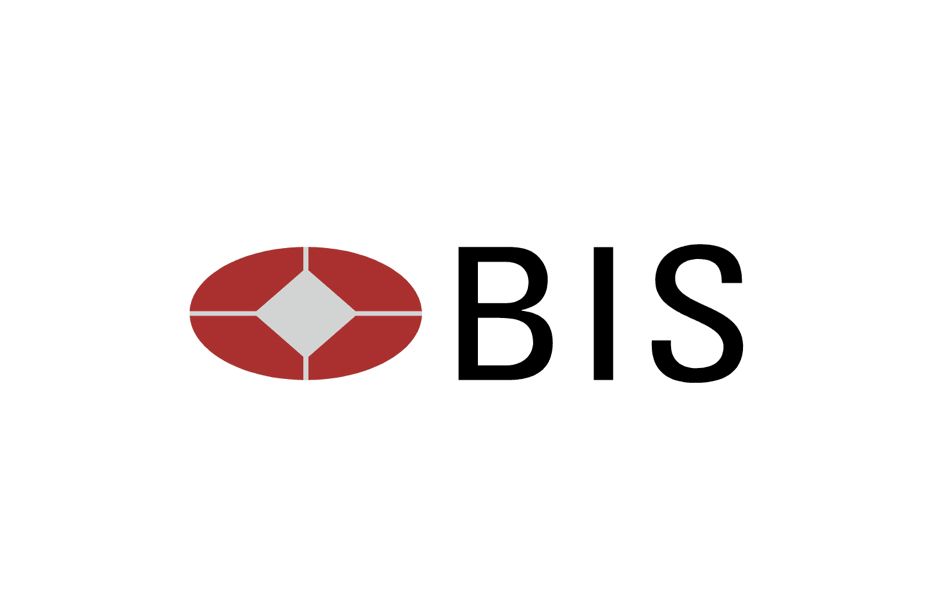
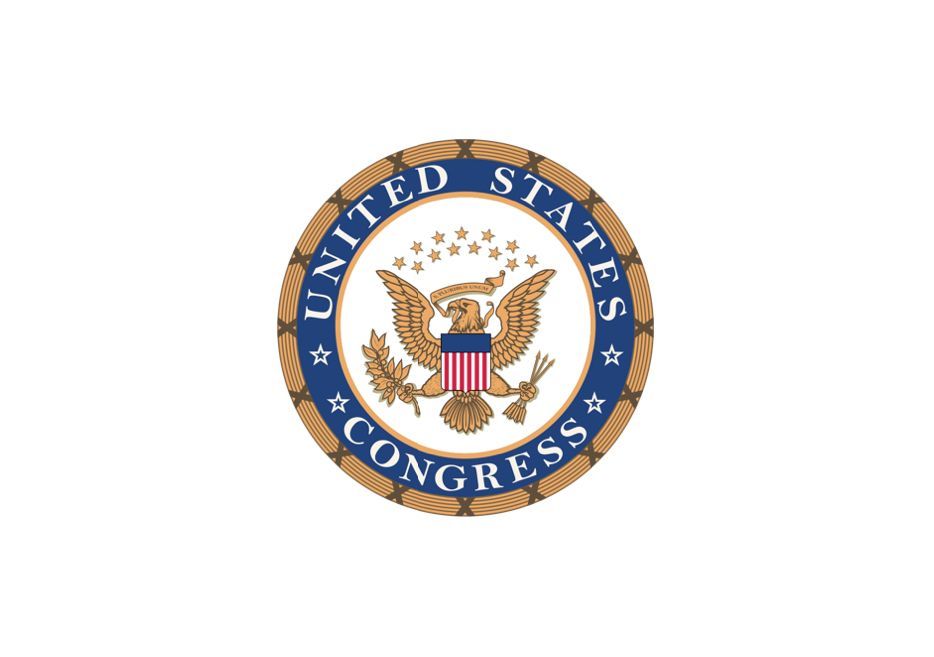

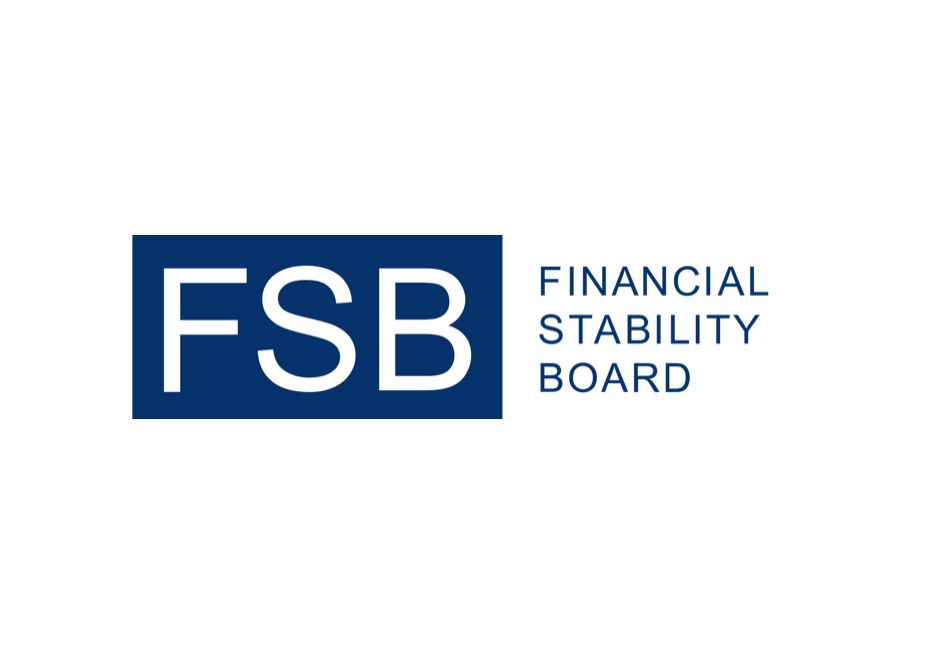
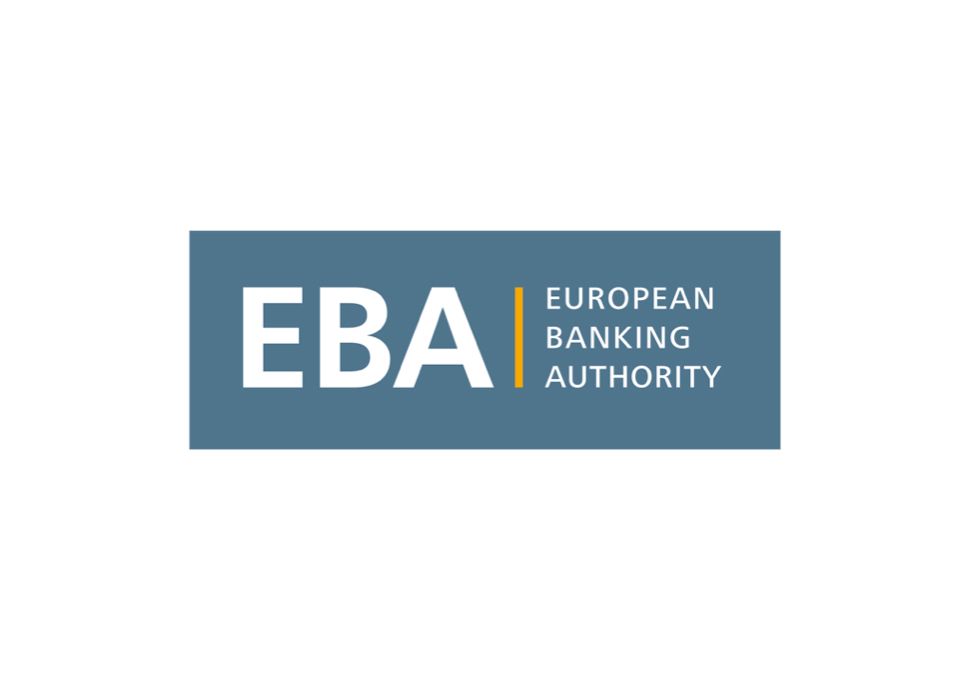

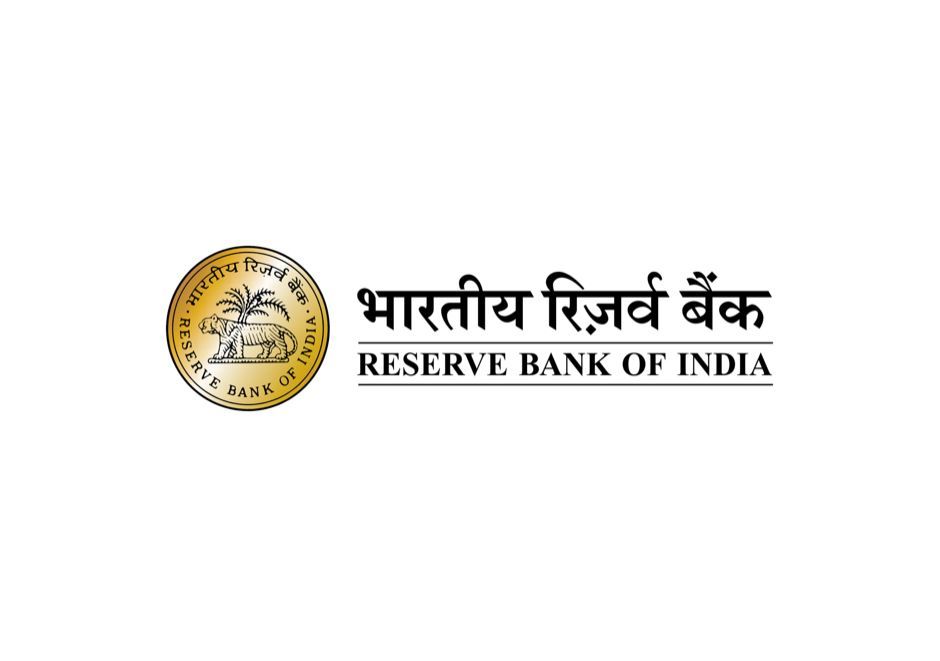
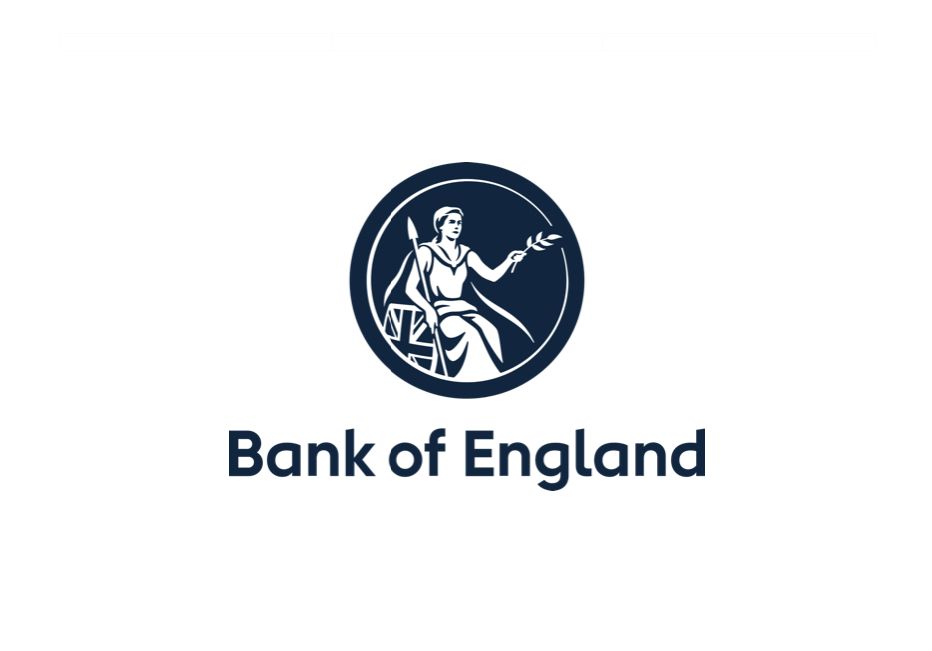

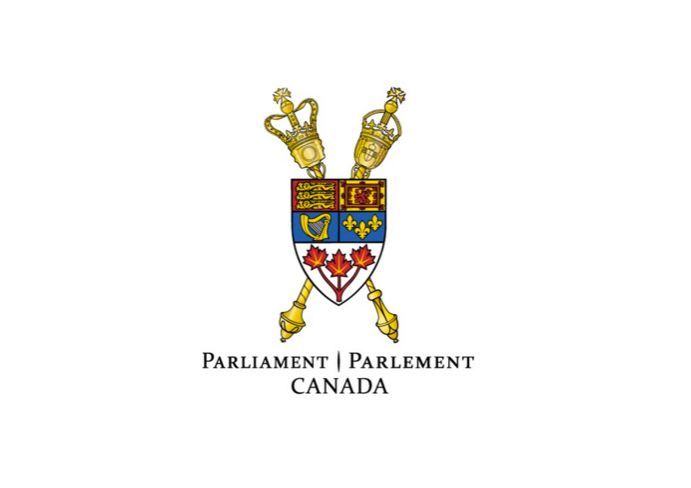
Disclaimer:
GlobalStablecoins.com is an informational website that provides news about coins, blockchain companies, blockchain products and blockchain events. Don’t take it as investment advice. Speak to an advisor before you risk investing in an ICO, Cryptocurrencies, Cryptoassets, Security Tokens, Utility Tokens, Exchange Tokens, Global Stablecoins, Stablecoins or eMoney Tokens. GlobalStablecoins.com is not accountable, directly or indirectly, for any damage or loss incurred, alleged or otherwise, in connection to the use or reliance of any content you read on the site.
Affiliate Disclosure / Sponsored Posts:
If a Sponsored Post contains any mention of a crypto project, we encourage our readers to conduct diligence prior to taking further action. GlobalStablecoins.com does not recommend that any cryptocurrency should be bought, sold, or held by you. Do conduct your own due diligence and consult your financial advisor before making any investment decisions.
GlobalStablecoins.com may receive compensation for affiliate links. Should you perform activities in relation to an affiliate link, it is understood that some form of compensation might be made to GlobalStablecoins.com. For example, if you click on an affiliate link, and sign up and trade on an exchange, GlobalStablecoins.com may receive compensation.
Before you invest in Cryptoassets you should be aware of the following,
Cryptoassets are considered very high risk, speculative investments.
If you invest in Cryptoassets you should be prepared to lose all your money.
All Sponsored Posts are paid for by crypto projects, coin foundations, advertising firms, PR firms, or other marketing agencies. GlobalStablecoins.com is not a subsidiary of any marketing agency, nor are we owned by any crypto or blockchain foundation.
The purpose of offering Sponsored Posts to our advertisers is to help fund the day-to-day business operations at GlobalStablecoins.com.
If you come across a Sponsored Post which you believe is fraudulent and/or “scammy,” please contact us and we will perform an immediate investigation.
All Rights Reserved | GlobalStablecoins.com
